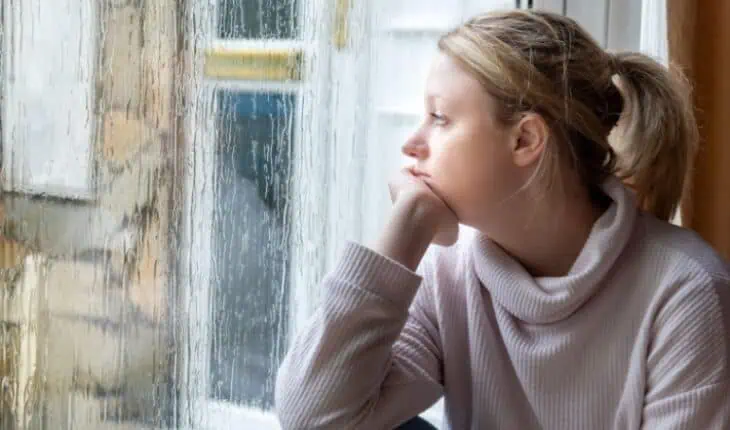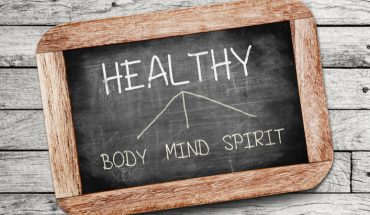Expert tips for university students facing seasonal affective disorder: Seasonal Affective Disorder (SAD) is a type of depression that occurs at certain times of the year, typically in the autumn and winter months when there is a reduction in natural sunlight. The body’s circadian rhythm can be affected by the changes in daylight exposure, leading to the symptoms of depression.
Qualified teachers for tuition Teachers To Your Home have revealed four ways that university students can combat symptoms of SAD and improve their overall wellbeing in the winter months.
Maintain a routine
Maintaining a consistent daily routine provides a sense of stability and consistency, which can combat feelings of overwhelm. Having structure can be comforting, especially during periods when SAD symptoms are at their worst.
Having early morning lectures and staying up late to complete assignments can also affect the circadian rhythm. Students may believe it will be beneficial to miss early morning lectures to catch up on sleep; this can be much more harmful as it affects the sense of routine.
A regular sleep schedule can help regulate circadian rhythms for the human body, which SAD is known to disrupt. It is also important for mood stability, as quality of sleep affects how we feel throughout the day.
Another benefit of having a routine is that completing small, achievable goals can boost self-esteem by providing a sense of accomplishment.
Limit alcohol and caffeine
Caffeine and alcohol intake is linked to a reduction in sleep quality, mood stability, and overall wellbeing. By limiting these, we can improve the symptoms of SAD.
Firstly, caffeine is a stimulant, and high intake levels increase feelings of anxiety and restlessness, which, in turn, can worsen depressive symptoms caused by SAD. Although university students may use it for its benefits, such as staying awake in early morning lectures, it usually heightens symptoms of SAD and makes them feel worse. It can also interfere with sleep quality, therefore causing exhaustion and low mood. While caffeine may provide a temporary boost in energy, it can then lead to crashes which make sufferers feel worse.
Similarly, alcohol can also lead to increased feelings of sadness and irritability as it impairs judgement and emotional regulation. University students can have high alcohol intake levels on nights out as a way to socialise with friends and unwind after a busy week. However, alcohol is a central nervous system depressant that can initially alleviate stress and worry, but it can ultimately worsen depression and anxiety symptoms. Alcohol can also disrupt sleep cycles, which leads to fatigue and worsening SAD symptoms.
Plan time for enjoyable activities
Making time for hobbies and other activities can help individuals suffering from the symptoms of SAD. Enjoyable activities can also release endorphins and other neurotransmitters that help improve mood, which aids in improving feelings of sadness and depression. Activities that you like can create positive associations and feelings, which help with the low mood SAD can cause. University students also have access to student societies, which are a great way to socialise with other students and help alleviate the feeling of loneliness.
Regular physical activity can boost mood as it has been proven to release endorphins and other neurotransmitters. Exercise is particularly effective in improving the symptoms of SAD and depression.
Enjoyable activities can often involve socialising, including group hobbies and spending time with friends. This social interaction can help combat feelings of isolation that are also caused by SAD symptoms.
Practise relaxation and mindfulness
Practising mindfulness and relaxation techniques helps lower cortisol levels which reduces stress. This can lead to a reduction in depression and anxiety symptoms associated with SAD.
Mindfulness activities, such as meditation and deep breathing, are a great way of improving mood and balancing emotions. It is also centred on focusing on the present moment which can aid in breaking the cycle of negative thinking that often accompanies depression. Mindfulness is also beneficial to combat feelings of worthlessness as it fosters self-acceptance.
Relaxation techniques also help improve sleep quality and duration, which combats the symptoms of SAD and is vital for mental health. Setting aside time to practise relaxation, such as yoga and meditation sessions, can also provide a sense of structure and give a sense of self-accomplishment. University students can look for local yoga classes or do yoga with friends and flatmates for another social boost.
The CEO of Teachers To Your Home, Gillian Dixon, commented:
“Seasonal affective disorder is a significant mental health concern for many individuals that impacts not only mood but also our daily functioning. The body’s circadian rhythm, which regulates our sleep-wake cycles, can be profoundly affected by reduced exposure to natural light, leading to feelings of depression and anxiety.
“By implementing these strategies, individuals can better navigate the challenges posed by seasonal affective disorder. With proactive management, it is possible to enhance mood and improve overall mental health during the winter months.”
- Christmas Is for All - 19th December 2025
- Intense influenza season driven by new strain - 19th December 2025
- KFSHRC Develops Novel Technique to Treat Inner Ear Disorders - 19th December 2025







